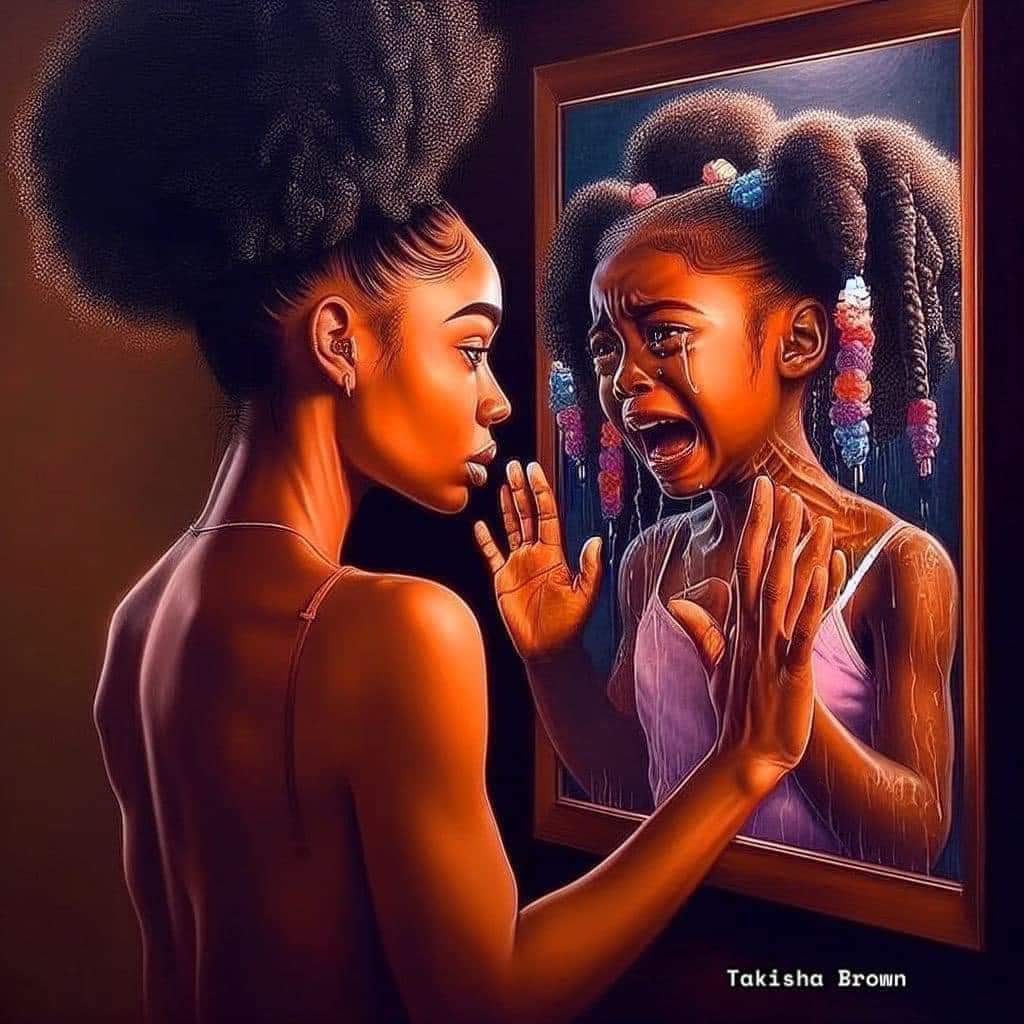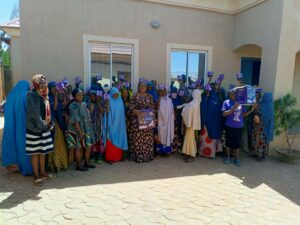Unhealed Trauma; Supporting Women Towards Healing and Restoration: A Hasken Arewa Initiative
Marriage is a complex journey where two individuals come together, sharing their lives, dreams, and challenges. However, for individuals who have experienced unhealed childhood trauma, this journey can become even more challenging. Childhood trauma, such as abuse, neglect, or loss, can have a profound impact on a person’s emotional well-being and relationship dynamics. In this article, we will explore the effect of unhealed childhood trauma in marriage, with a specific focus on women, and provide guidance on how spouses can support their partners in the healing and restoration process.
Understanding the Impact:
Childhood trauma can lead to deep emotional wounds that continue to affect individuals long into adulthood. Unresolved trauma may manifest in various ways, including trust issues, difficulty expressing emotions, low self-esteem, fear of intimacy, or self-destructive behaviors. These lingering effects can significantly impact a woman’s ability to form healthy and fulfilling relationships, including her marriage.
1. Communication and Trust:
The foundation of any healthy relationship is effective communication and trust. However, unhealed childhood trauma can erode these critical elements of a marriage. Women who have experienced trauma may struggle to express their feelings openly, fearing judgment or rejection. Additionally, trust issues stemming from childhood trauma can make it challenging to rely fully on their partner.
To help a spouse on the path to healing, it is vital to create a safe and non-judgmental environment for open communication. Encourage your partner to share their thoughts and emotions, respecting their boundaries and giving them the space to open up at their own pace. By actively listening and validating their experiences, you can foster an atmosphere of trust and understanding.
2. Patience and Empathy:
When dealing with unhealed childhood trauma, patience and empathy are crucial. Remember that healing is a journey, and progress may not always be linear. As a spouse, it’s important to recognize that your partner’s reactions and behaviors may be triggered by their past trauma.
Instead of responding with frustration or anger, try to cultivate a compassionate and empathetic attitude. Demonstrate your willingness to understand their struggles, and offer support and reassurance during difficult moments. Avoid dismissing their emotions or experiences, as this may retraumatize your partner or reinforce negative self-beliefs.
3. Encourage Professional Help:
While support from a spouse is invaluable, professional help is often necessary for individuals healing from childhood trauma. Encourage your partner to seek therapy or counseling from a qualified mental health professional who specializes in trauma.
Therapy provides a safe space for individuals to explore their past traumas, process their emotions, and learn coping mechanisms. Supporting your partner in seeking professional help demonstrates your commitment to their well-being and can significantly contribute to their healing process.
4. Foster a Nurturing Environment:
Creating an environment of emotional safety and nurturing is vital for healing. Trauma survivors need to feel secure and loved within their marital relationship. Foster a supportive atmosphere by practicing healthy communication, demonstrating affection, and engaging in regular acts of kindness. These actions not only promote connection but also help rebuild their self-esteem and address feelings of unworthiness or shame resulting from childhood trauma.
5. Practice Self-care Together:
As a supportive spouse, it’s essential to prioritize your own self-care while simultaneously encouraging your partner to do the same. Take care of yourself physically, emotionally, and mentally. By prioritizing self-care, you become a role model for your partner, demonstrating the importance of self-nurturing.
Additionally, engage in joint activities that promote self-care, such as practicing mindfulness exercises, going for walks, or pursuing shared hobbies. These activities can help create a sense of connection, reduce stress, and foster healing both individually and as a couple.
Unhealed childhood trauma can significantly impact a woman’s experience in marriage, affecting communication, trust, and emotional well-being. However, by providing a safe and supportive environment, exercising patience and empathy, encouraging professional help, fostering a nurturing atmosphere, and practicing self-care together, spouses can play a transformative role in their partner’s healing journey.
Remember, healing takes time, and the process may have its ups and downs. By walking alongside your spouse, offering support and understanding, you can contribute to their healing, strengthening your bond as a couple and creating a healthier and more fulfilling marriage.



